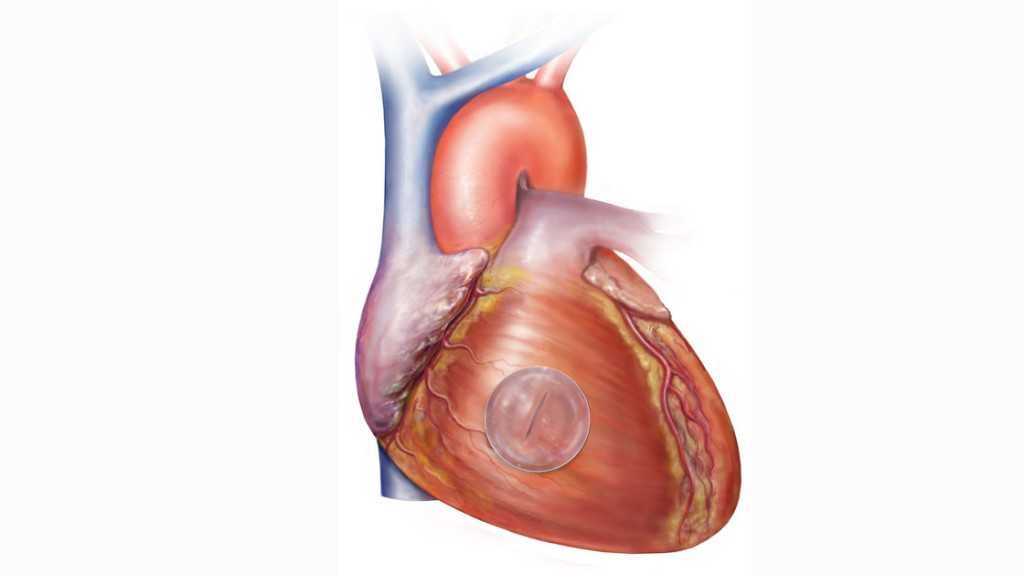A team of researchers from the hospital "Brigham and Women", in Boston, announced the creation of a new type of surgical glue, a material capable of sealing cuts in hearts or blood vessels with efficacy.
superglue was inspired by sandcastle worms, which are creatures that live on the coast of California and spend their lives on rocks and in very wet environments, or even under water. These worms live in colonies, and create their own tubes from sand and zirconium oxide.
Scientists have shown interest in the production of glue from various species of the animal kingdom, such as the snail glue it produces to stay stable on various surfaces for many years. These biological materials, which also include spider silk, have interesting physical properties that could have important applications in medicine.
By study of the sandcastle worm (scientific name: Phragmatopoma californica), the scientists led by heart surgeon Pedro del Nido recently have created an adhesive that is not only biodegradable, but also able to seal tears in arteries. The material has already been tested in mice, the team reports.
In a paper published in the Jan. 8 issue of the journal Science Translational Medicine, Brigham's research team reports that the glue is strong enough to hold blood vessels and seal them even under conditions of high pressureof the blood system. The sealing glue is also able to withstand the pressure caused by the beating human heart.
Dr. Del Nido and his team's plan is to use this glue to replace sutures and staples, commonly used methods for healing various incisions and wounds after surgical procedures.fundamentals.
Sutures should not be removed from the medical market altogether, as there are certain types of interventions that are necessary. However, when it comes to heart surgery, the new glue can make a whole better job of sealing the arteries.
"A glue is the Holy Grail for heart surgery. We currently use sutures," says the team leader. "Every time the needle and thread go into normal tissue, they do a little damage. Usually it doesn't matter. But I operate on children's hearts. For children, that damage can really be a problem," he explains. in the NPR.
In cardiac surgery, the use of simple skin glue is not feasible. In addition to containing potentially toxic chemical cyanoacrylates, these substances tend to harden when in contact with water. If this happened in the heart, or in a blood vessel, the consequences could be devastating to patients.
The research team, which includes the biologist engineer Jeffrey Karp, says the glue has already completed a series of tests successfully. "We made a hole in the heart of a living rat and showed that we can seal it without removing the blood. The animals were fine after six months, explains Karp, adding that clinical trials in humans are the next step.






